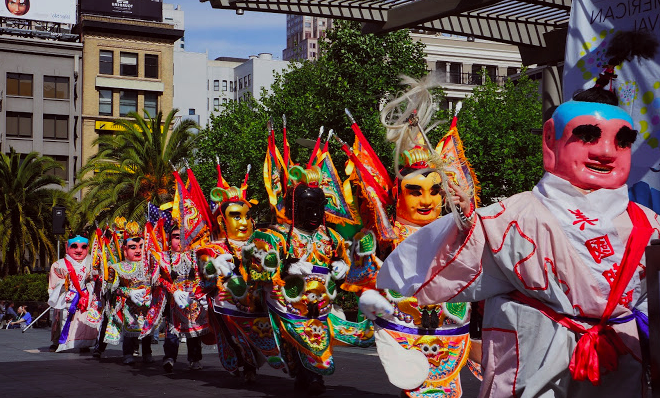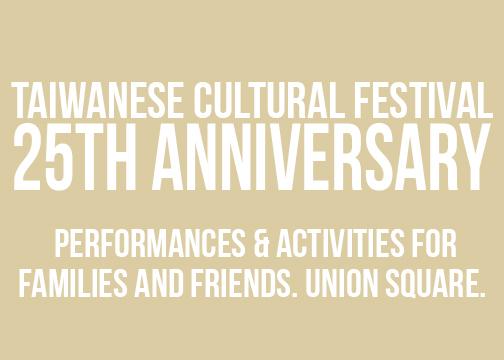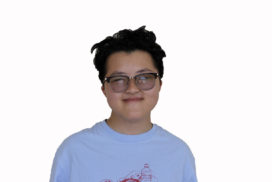Every year since 1992, the month of May has been lined with festivals and fairs celebrating both Asian and Pacific Islander cultures. Seven years after May was declared Asian/Pacific American Heritage Month, Bill Clinton designated the second week of May to be Taiwanese American Heritage Week.
This year, Taiwanese Cultural Festival celebrated its 25th anniversary on May 13 in San Francisco. From 10 a.m. to 4 p.m., festivalgoers and performers flooded Union Square for activities, shows, food, and most importantly, to learn about culture.
“As Asian Americans, we don’t have many opportunities to learn about those that came before us. To me, this fair is important especially in this tumultuous state of the world, because it encourages cultural exchange and acceptance,” said Jessica Ken, the event’s lead marketer.
Taiwanese Cultural Festival is the largest Taiwanese event on the West Coast, with up to 10,000 attendees. The festival is funded, organized, and run entirely by volunteers. With food trucks and vendors, the festival also focuses on a vital part of Taiwanese culture: food.
“Food is generally an important part of culture because that’s when we usually get together, both in our own families and with others,” said sophomore Yannie Lam.
The festival highlights aspects of culture that are both traditional and modern. From calligraphy to rap, the festival focuses its attention on the community’s artists and changemakers, garnering support from the public.
“Supporting artists in our community is important because that means we’re getting more diverse and making equal opportunities in media,” said Lam.
The festival does not only unite those of Taiwanese descent, however. It also fosters an environment of understanding among a diverse group of individuals.
“People often have misconceptions of other backgrounds and cultures, but once we take the time to learn more, we’ll often find that we’re much more alike than we are different,” said Ken.
To Ken, it is of utmost importance to develop relationships and connections within a community in order to understand and empathize with another person’s experiences. For many Asian Americans, this means understanding and learning about the hardships and sacrifices made by their parents.
“Like tens of millions of Americans, my parents were immigrants. They were poor and did not speak English well. They went to flea markets and sold gifts to make ends meet,” said Rep. Ted Lieu. “They went from being poor to a home and gave my brother and me an amazing education.”



